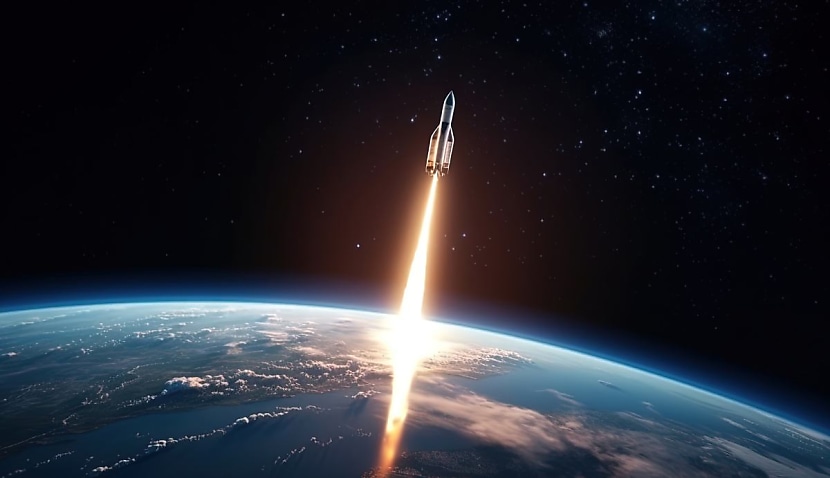
It is also a valuable endeavour because it unlocks scientific mysteries, advances technological innovation, and supports global collaboration. However, some may wonder whether space exploration is worth the tremendous expense and effort that goes into it.
In this article, we take a look at some of the reasons why space exploration matters.
5 Reasons Why Space Exploration Matters
#1: Advancing scientific knowledge
One of the most significant benefits of space exploration is the advancement of scientific knowledge. Space exploration has led to a better understanding of the universe and our place in it.
We have found that there are other planets outside of our solar system, some of which may be able to support life. Also, we now know more about the beginnings of the universe, how stars and galaxies develop, and how black holes behave.
#2: Technological developments
Space exploration has led to significant technological advancements. From developing advanced rockets to building spacecraft capable of surviving the harsh conditions of space, it has pushed the boundaries of technology. Many technologies developed for space exploration have found applications on Earth, such as GPS and water filtration systems.
One method for delivering cancer-fighting drugs directly to tumours, ultrasound equipment that a nurse can hold and transmit the results to doctors thousands of miles away, and a robotic arm that can perform delicate surgery inside an MRI machine are just a few of the medical advancements produced by the International Space Station alone.
#3: Inspiring future generations
Space exploration has inspired generations to pursue careers in the field of science, technology, engineering, and mathematics (STEM).
Not only is this helpful for them since STEM employment may provide them with a stable future, but it also benefits mankind. Humanity will be able to solve the major obstacles it will face in the future with invention, research, and knowledge.
Seeing the accomplishments of astronauts and space scientists has motivated many young people to pursue their dreams and contribute to the advancement of science and technology.
#4: Addressing global challenges
Space exploration has played a role in addressing global challenges, such as climate change, natural disasters, and food security. Satellites in orbit provide essential data that helps scientists monitor the Earth’s climate, track the movement of natural disasters, and gather information on crop yields and food production.
As of now, we only have one planet on which we can survive without using spacesuits. It would be excellent to preserve it until we can locate more liveable planets or terraform others. Exploring space is the only way to learn more about space risks and create techniques and technologies to help save humankind from such calamities.
#5: Expanding our understanding of life
We were able to comprehend the beginnings and development of life in the cosmos thanks to space travel. We may find proof of extant or recent life forms by exploring distant planets and moons.
Such discoveries could provide valuable insights into the development of life on Earth and the potential for life elsewhere in the universe. By solving the problems of human space travel, we advance technology, develop new businesses, and contribute to the peaceful coexistence of countries.
Conclusion
Space exploration is crucial for increasing our understanding of life in the cosmos, developing science, advancing technology, inspiring future generations, and tackling global concerns. Even while space travel may be expensive, the rewards are infinite and the potential for discoveries is limitless.
Receive the latest developments and updates on Australia’s space industry direct to your inbox. Subscribe today to Space Connect here.












